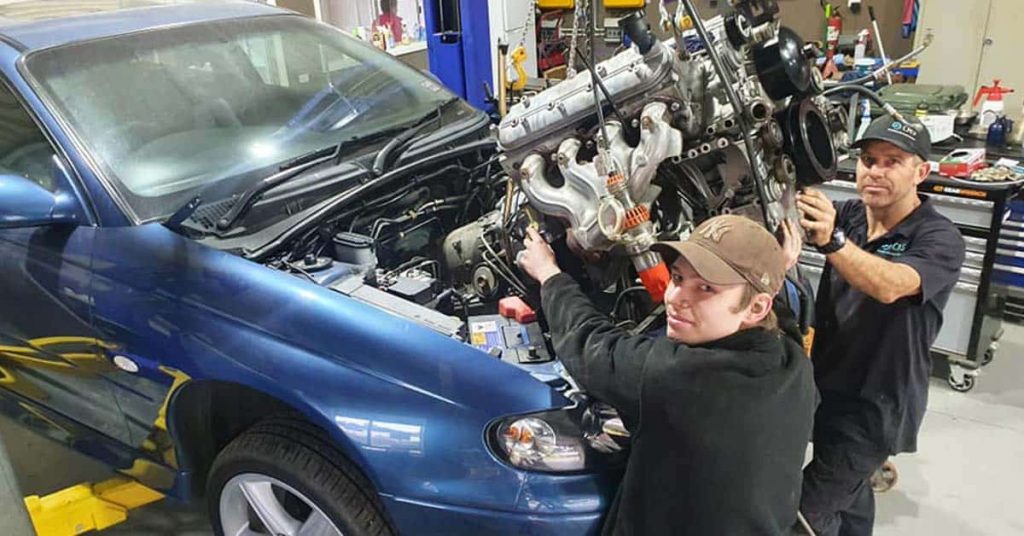Performing regular checks and maintenance on your vehicle can maximise its performance and even extend its life. More importantly, keeping your car in good running condition can help you and your passengers stay safe on the road. After all, a car that operates properly can help reduce the risk of accidents.
In this article, we’ll go through the various parts of a car that require regular inspection and maintenance. Depending on their exact function, these components should be inspected on a short-term, long-term, or seasonal basis.
Short-Term Check-up
Air Filter
A car’s air filter regulates the intake of air into its engine by preventing debris and other particulates from entering. A clean and properly functioning air filter can decrease your vehicle’s emissions and protect its engine. Usually, a vehicle’s owner’s manual comes with instructions and recommendations on how often the air filter should be changed.
Tires
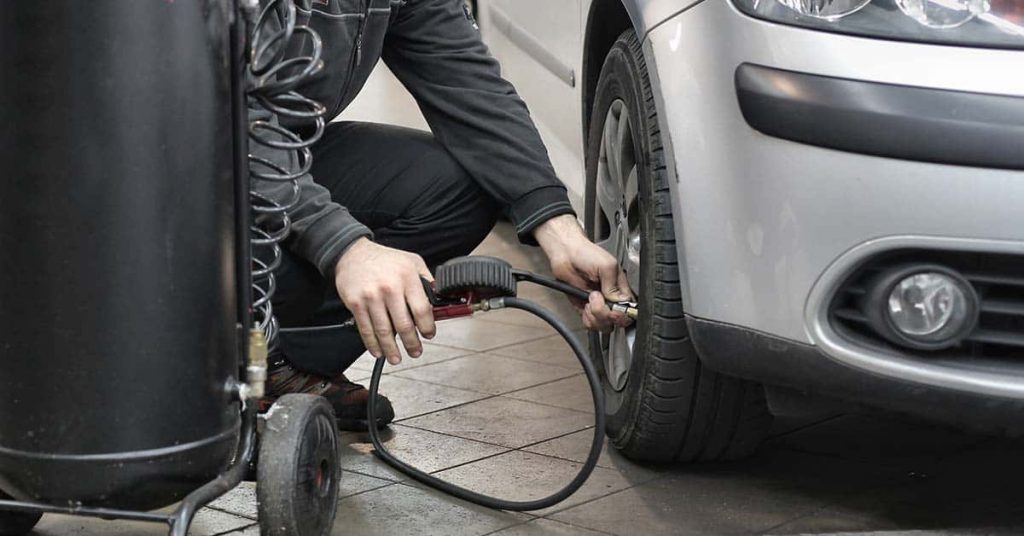
It’s important to frequently inspect tires since they can help ensure a safe and fuel-efficient ride. Aside from checking the pressure in your tires at least once a week or before going on long trips, you should also check their tread depth. This feature plays an important role in your tires’ ability to grip the road.
Lights
You should also make sure that all of your car’s lights are working properly. These include the headlights, brake lights, turn signals, and parking lights. Aside from complying with road rules, having properly functioning lights can also help avoid accidents.
Oil And Filter
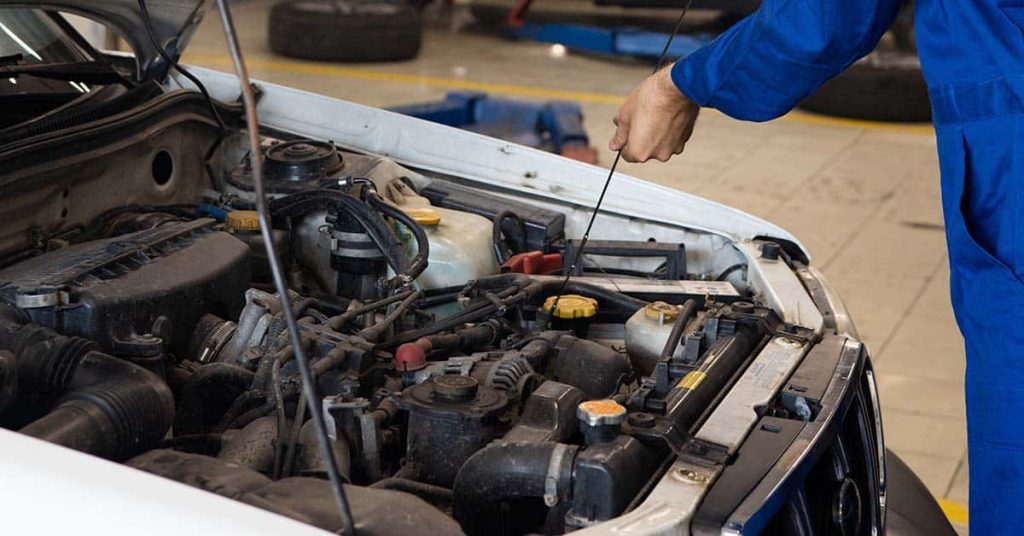
Aside from serving as a lubricant, motor oil also helps the engine perform better by acting as a sealant against debris. It also reduces wear and tear and prevents corrosion. Depending on the type of car that you have, you might need to change your vehicle’s oil and oil filter every couple of months or a certain number of kilometres.
Long-Term Check-up
Transmission Fluid
Both manual and automatic vehicles use transmission fluid to keep all the moving components within the transmission system functioning properly. Failure to check and change the transmission fluid when needed could lead to serious and expensive problems in the future.
Shocks And Struts
The shocks and struts are designed to control the rebound of your vehicle as it drives over bumps. You should follow the manufacturer’s recommendations on how often these should be checked. However, it’s advisable to ask a professional to check your car’s shocks and struts if you experience problems with the steering or a decrease in smoothness while driving.
Coolant Fluid
Having your radiator’s coolant flushed out and replaced regularly can help prevent the accumulation of debris and other contaminants inside this component. A properly functioning radiator helps in keeping your engine cool and working smoothly.
Spark Plug
Spark plugs work by igniting the air and gas mixture inside your engine. If you have faulty spark plugs, then your engine and car won’t be able to run properly. Having your spark plugs checked and replaced if needed can prevent your engine from losing power.
Serpentine Belt
The serpentine belt is a piece of rubber that helps keep the various parts of your vehicle running, such as the alternator, air conditioner compressor, and power steering pump. Ideally, this belt should be regularly inspected to see if it’s already showing signs of wear and tear.
Front And Rear Differential
Differentials play a role in sending the power from the engine to your car’s tires. Keeping these components lubricated can help keep them properly functioning for a long time.
Seasonal Check-up
Windshield Wipers
Although windshield wipers can be replaced once a year, you can already get new ones once your old ones begin to show signs of damage. You can prolong the life of your wiper blades by keeping them off the windshield when your car is parked during the cold and hot seasons.
Battery
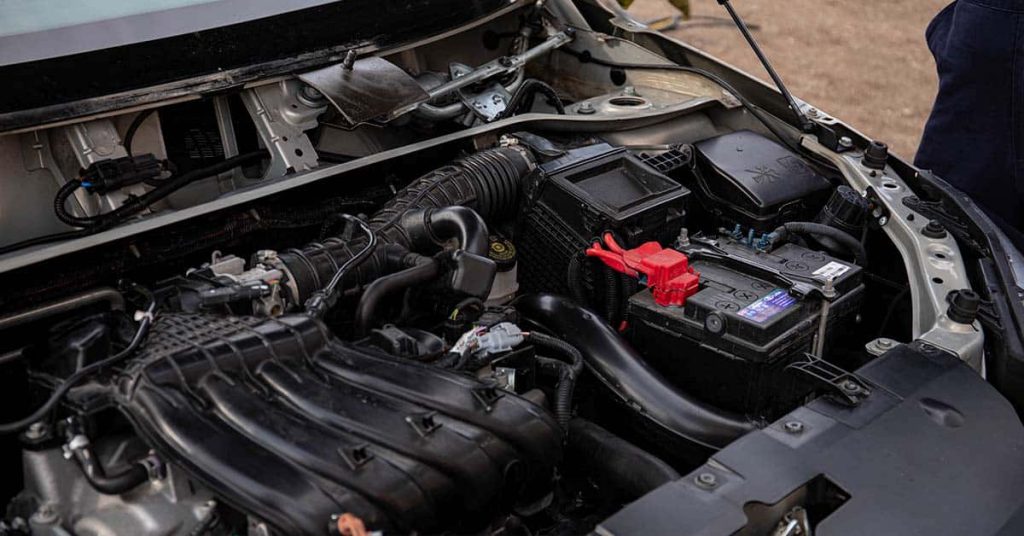
The car’s battery should be replaced every couple of months or whenever it starts to weaken. Having a tester is handy as this device allows you to check on the performance of your vehicle’s battery regularly.
Antifreeze Level
If you live in a cold environment, having antifreeze in your radiator is helpful as it can prevent your engine’s various components from freezing. Although having an equal mixture of antifreeze and water in your radiator is ideal, you can also follow the recommendations of your car’s manufacturer.
Tires
To ensure a smooth and safe driving experience, you should occasionally check the condition of your tires. Aside from visually inspecting if the treads are still deep enough, you should also periodically change or rotate the position of your tires to ensure that they wear down evenly.
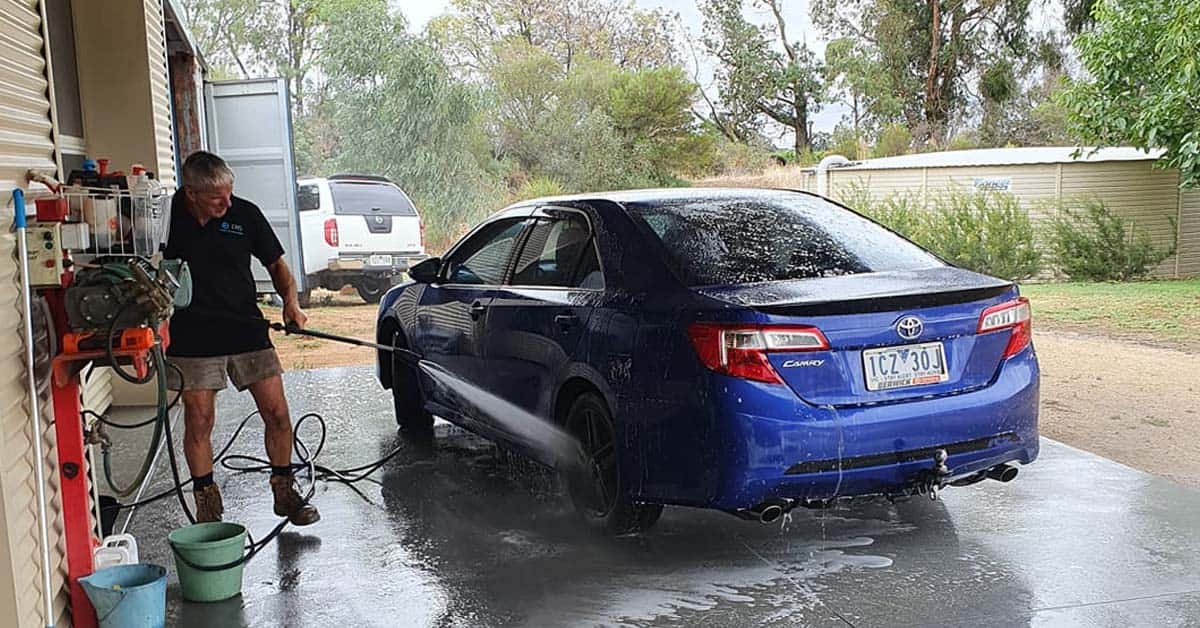
A professional auto repair company such as Crawford’s Mechanical Solutions can help you maintain your car by making sure that all of its components are in good working condition. Aside from general services such as oil changes and fluid top-ups, Crawford’s Mechanical Solutions can also provide a comprehensive inspection of your vehicle and replace parts that need to be changed.

